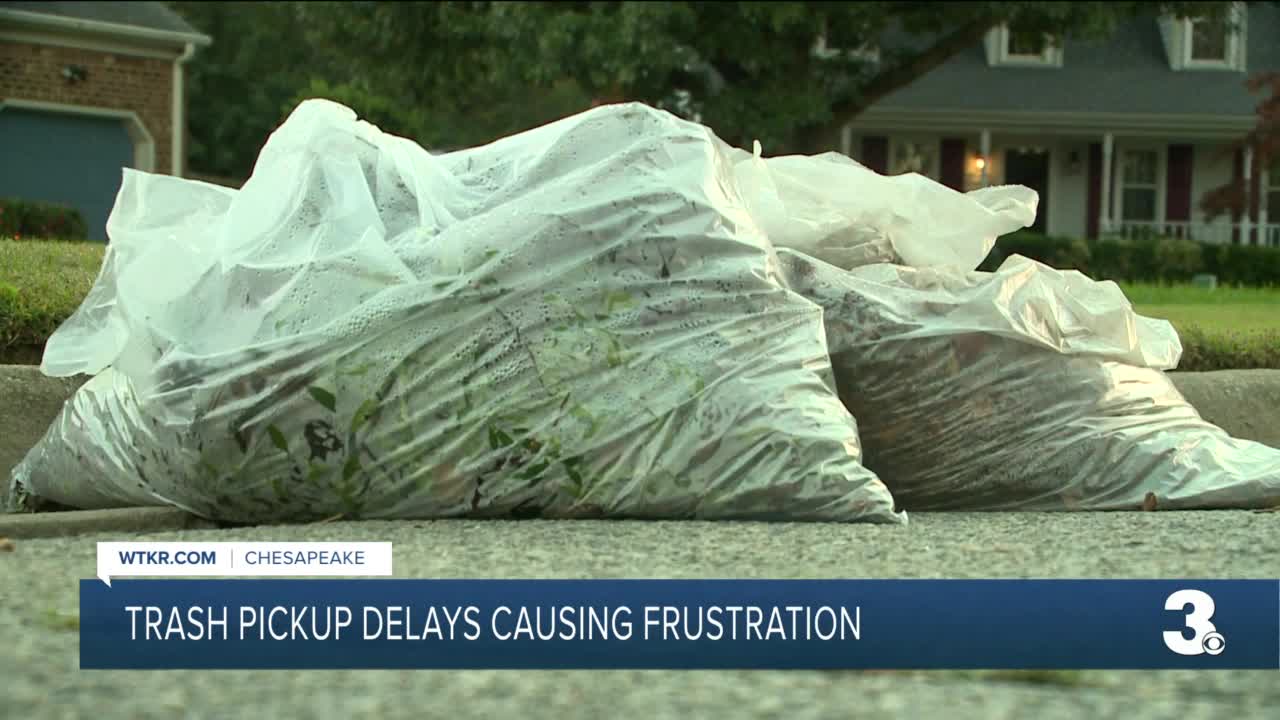School Desegregation Order Ended: The Future Of Equal Education

Table of Contents
The Legacy of School Desegregation Orders
The history of school desegregation in the United States is a complex and often painful one. For decades, segregation was the norm, with Black students systematically denied access to the same quality education as their white peers. Landmark Supreme Court cases, most notably Brown v. Board of Education (1954), declared state laws establishing separate public schools for Black and white students to be unconstitutional. However, the implementation of desegregation orders faced significant resistance, leading to a prolonged and uneven process.
- Key Supreme Court Cases: Brown v. Board of Education fundamentally changed the legal landscape, but its impact was slow to materialize. Subsequent cases, like Green v. County School Board of New Kent County (1968), further clarified the requirements for desegregation.
- Successes and Limitations: While desegregation orders led to increased integration in some areas, significant challenges remained. Many schools remained de facto segregated due to housing patterns and other factors.
- Persistent Achievement Gap: Despite legal mandates, a persistent achievement gap between racial groups continues to exist, highlighting the enduring legacy of segregation and the need for continued efforts to address systemic inequities. The effects of historical segregation extend far beyond physical school buildings; they have profoundly impacted access to resources, quality of instruction, and overall educational outcomes. These lingering effects of racial inequality contribute to educational disparities we see today, creating ongoing challenges in achieving true educational equity.
Challenges to Maintaining Equal Education Post-Order
The end of court-ordered desegregation raises serious concerns about the potential for re-segregation. Without the legal framework of these orders, there's a risk of a return to racially isolated schools.
- The Role of Housing Patterns and School Choice Programs: Residential segregation plays a significant role in shaping school demographics. School choice programs, while intended to offer increased options, can inadvertently exacerbate segregation if not carefully designed and implemented. They can lead to further stratification based on socioeconomic status and race.
- Impact on Diverse Student Populations: The absence of court oversight increases the risk of disproportionate impacts on minority and low-income students, potentially leading to a concentration of students from marginalized groups in under-resourced schools. This can perpetuate cycles of inequality and limit opportunities for social mobility.
- Concentrated Poverty in Certain Schools: The removal of desegregation orders might lead to an increase in concentrated poverty in specific schools, further hindering educational outcomes and amplifying existing inequalities. Schools in high-poverty areas often face additional challenges in terms of funding, teacher recruitment, and resource allocation. This concentrates inequality, making it even more challenging to overcome.
Strategies for Promoting Equitable Education Moving Forward
Moving forward, proactive strategies are crucial to ensure equitable educational opportunities for all students. This requires a multi-pronged approach addressing systemic issues.
- Equitable Funding for All Schools: Addressing funding disparities between schools is paramount. Equitable resource allocation, including funding for technology, teacher training, and extracurricular activities, is essential for achieving equitable outcomes.
- Culturally Responsive Teaching Practices: Implementing culturally responsive teaching practices that acknowledge and value the diverse backgrounds and experiences of students is crucial for creating inclusive and engaging learning environments. This includes incorporating diverse perspectives and learning styles into the curriculum.
- Community Engagement and Parental Involvement: Fostering strong partnerships between schools, families, and communities is vital for creating supportive learning environments and promoting student success. This involves actively seeking input from parents and community members in decision-making processes.
- Diverse Teacher Representation: Increasing the representation of diverse educators in schools is essential for providing students with role models and fostering a sense of belonging. This can help address potential biases and improve educational outcomes for all students.
The Role of Policy and Legislation
Effective policy and legislation are crucial to prevent re-segregation and promote educational equity. This necessitates a comprehensive approach at the federal, state, and local levels. We need robust anti-discrimination laws enforced rigorously. New educational policies should actively work towards equitable distribution of resources, promoting inclusive practices, and preventing the re-emergence of segregated schools. Federal funding initiatives can incentivize states and districts to adopt and implement equitable strategies. The goal is to create policies that proactively dismantle systemic barriers rather than simply reacting to the consequences of inequality.
Conclusion
The end of this school desegregation order does not signify the end of the fight for equal education. The persistent challenges of racial inequality in schools demand a proactive and multifaceted approach. By addressing issues of equitable funding, promoting culturally responsive teaching, and fostering strong community partnerships, we can work towards a future where all students have access to high-quality education, regardless of race or background. Let's continue advocating for meaningful change and work together to ensure school desegregation efforts remain a priority, even without court-ordered mandates. We must commit to building a more equitable education system for all children. Continue the conversation and learn more about how you can contribute to the ongoing fight for equal educational opportunities and support initiatives focused on dismantling systemic barriers to school desegregation and educational equity.

Featured Posts
-
 Actress Daisy May Cooper Announces Engagement To Anthony Huggins
May 02, 2025
Actress Daisy May Cooper Announces Engagement To Anthony Huggins
May 02, 2025 -
 Preparing Your Pitch For Dragons Den A Comprehensive Checklist
May 02, 2025
Preparing Your Pitch For Dragons Den A Comprehensive Checklist
May 02, 2025 -
 Millions In Losses After Office365 Executive Account Compromise
May 02, 2025
Millions In Losses After Office365 Executive Account Compromise
May 02, 2025 -
 Six Nations 2025 Scotlands True Potential Deception Or Reality
May 02, 2025
Six Nations 2025 Scotlands True Potential Deception Or Reality
May 02, 2025 -
 Trash Pickup Delays Impact Of Snow And Ice On Friday School Schedules
May 02, 2025
Trash Pickup Delays Impact Of Snow And Ice On Friday School Schedules
May 02, 2025
